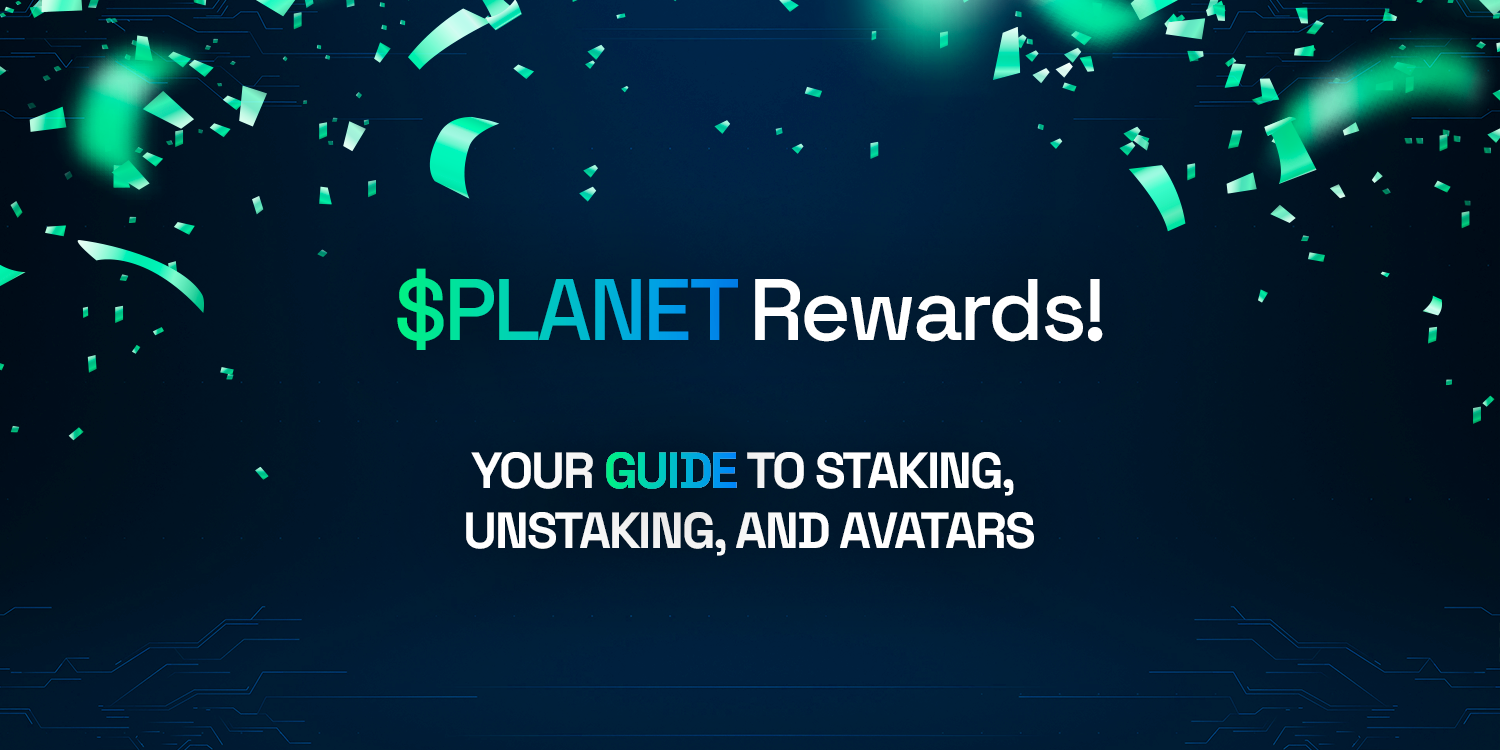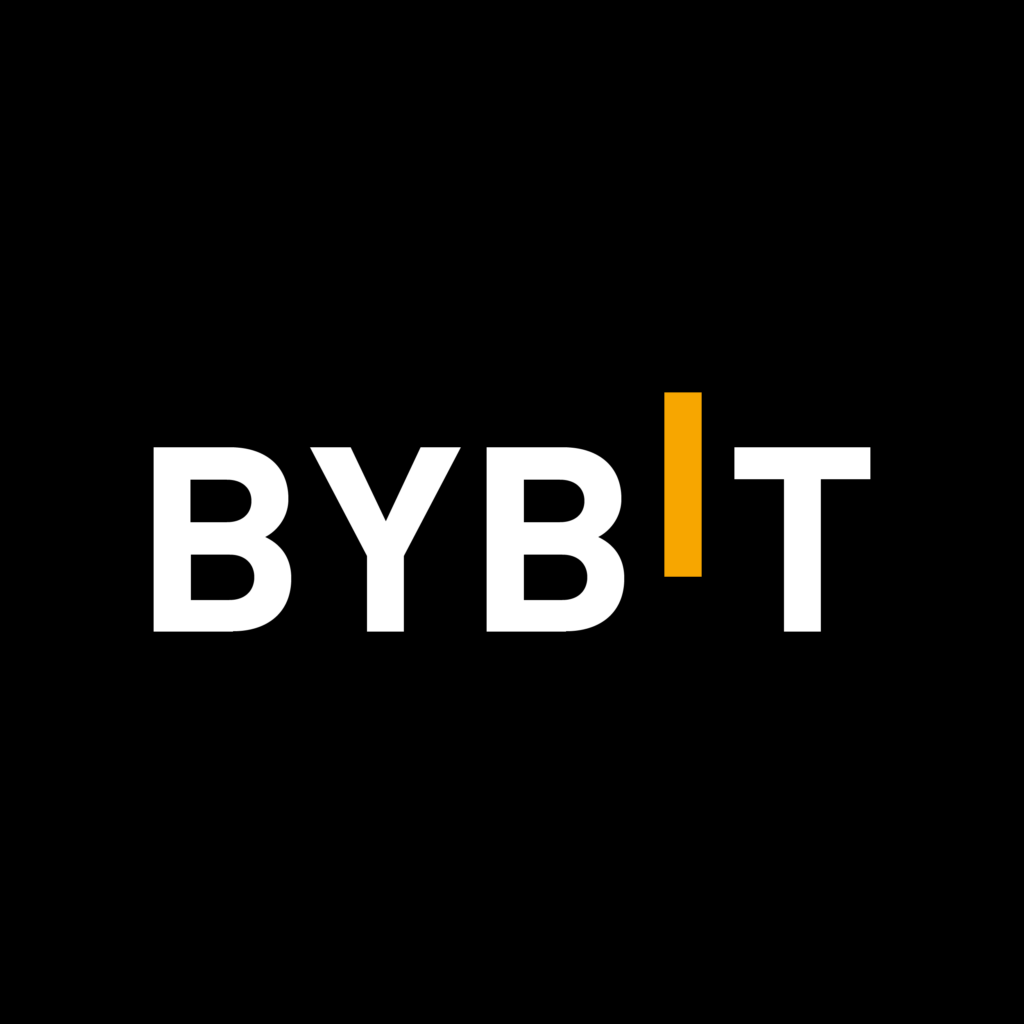The internet has become a crucial component of our lives in the current digital era, allowing us to connect, shop, work, and communicate easily. But as people disclose more private information online, worries about security and privacy have risen. Enter blockchain, a ground-breaking method that could revolutionize the way we handle our digital identities. In this article, we’ll dive into the world of blockchain and discuss how it helps to verify digital identities in a safe and accurate manner.
Understanding Digital Identity
Let’s first define digital identity so that we can better grasp the advantages of blockchain. Digital identity is the term used to describe a person’s or an entity’s digital representation. It consists of credentials, personal data, and characteristics that are used to construct and validate an individual’s online presence. This identification is necessary to use a variety of online services, including social media sites and online banking.
Identity verification in the digital world is a difficult procedure. Security questions, usernames, and passwords are frequently used in conventional approaches. Unfortunately, identity theft and hacking are possible with these techniques. Personal data kept in centralized systems is also susceptible to hacks, possibly exposing the details of millions of people.
Blockchain’s Role in Digital Identity
Blockchain, the technology behind cryptocurrencies like Bitcoin, offers a decentralized and secure solution to digital identity verification. Here’s how it works:
- Decentralization: Redefining Control
Blockchain relies on a decentralized computer network to function. Blockchain distributes data around the network in blocks, which makes it much more difficult for a single point of failure or unauthorized access than centralized systems, which store data in a single spot.
- Immutable Records: Tamper-Proof Identity
When data is added to the blockchain, it is securely protected in such a way that it is nearly impossible to change or tamper with the data. The integrity of the digital identity records is ensured by this immutability.
- Self-Sovereign Identity: Empowering Individuals
Blockchain enables people to keep control of their online identities. Users’ ability to disclose specific bits of information while keeping personal information not needed to be disclosed private is made possible by self-sovereign identity.
- Verifiable Credentials: Trust without Intermediaries
Blockchain enables the issuance and verification of digital credentials, such as diplomas or licenses. These credentials are digitally signed and cryptographically secure, making them easy to verify without the need for intermediaries.
There is no denying that blockchain has the potential to revolutionize digital identity verification. Blockchain technology has the potential to increase security and credibility in the digital world by giving people control over their online presence, eliminating fraud, and streamlining identity verification procedures. Blockchain has the potential to be the foundation of a more secure and decentralized digital identity ecosystem as we continue to negotiate the complexities of the internet environment.
















